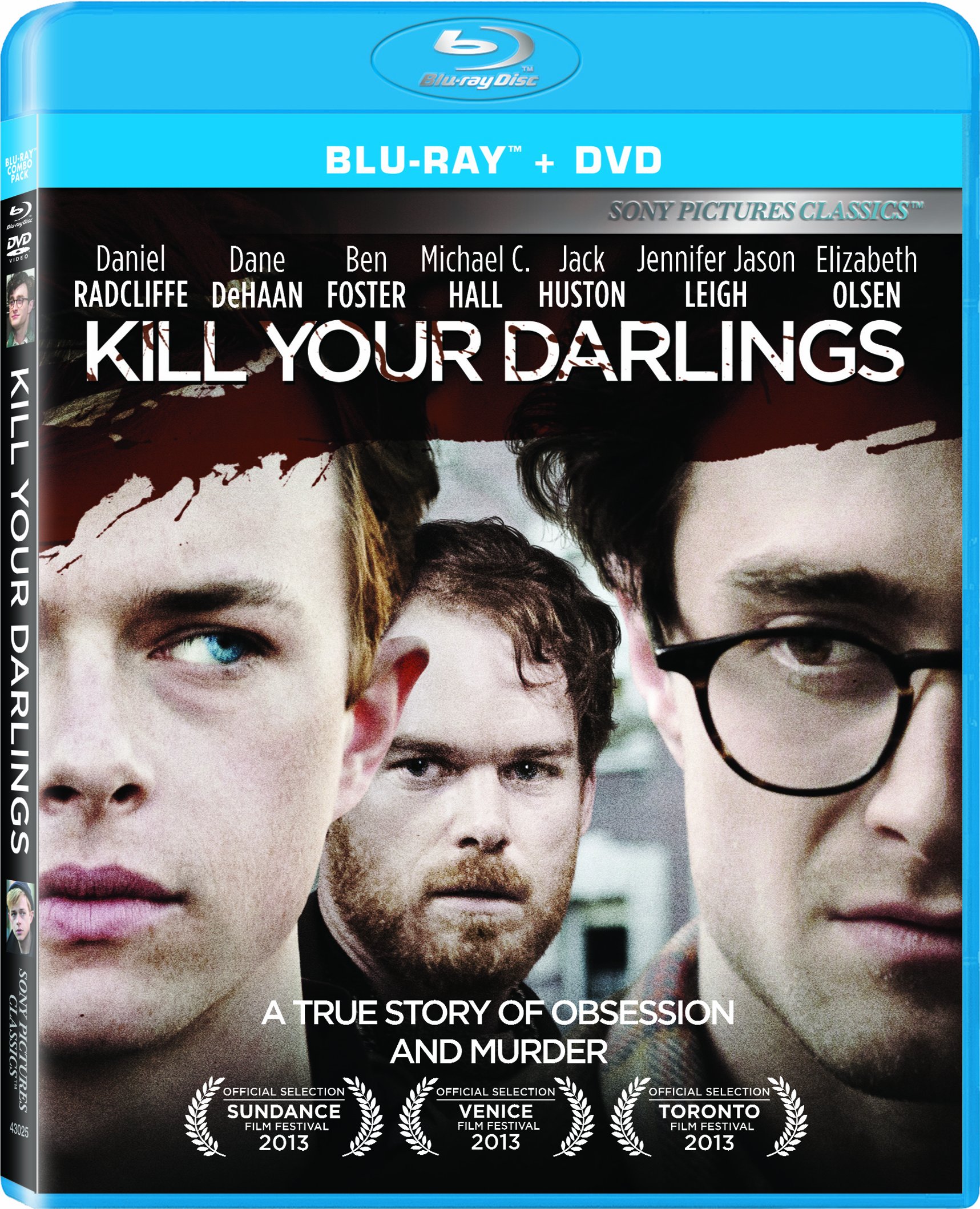
In the 1950s, the Beat Poets broke from long-held traditions to create a new kind of self-expression—and their philosophies eventually paved the way for the openness of the Swinging Sixties. But, in Kill Your Darlings, director John Krokidas steps farther back in time to take a look at the famed writers’ earlier years—and the murder that changed their lives and their relationships forever.
Daniel Radcliffe stars as a young Allen Ginsberg—who, in 1943, after being accepted into Columbia University, leaves his troubled family behind and becomes a part of a new family. Allen’s new family is one of eccentric young poets and writers who strive to break free from the rules and form of traditional writing.
As the young men—Ginsberg, Jack Kerouac (Jack Huston), William Burroughs (Ben Foster), and Lucien Carr (Dane DeHaan)—set out to start their own literary revolution, called “The New Vision,” Kill Your Darlings is a thrilling and spirited adventure through literary history. It’s flamboyant and energetic—full of life and music, of youthful rebellion and poetic exuberance.
For a while, in fact, it’s the ultimate wild and crazy college party movie of the ‘40s. The young characters rebel against convention and conformity. They skip class, pull off some outrageous pranks, and shirk their responsibilities as they hang out in New York’s hippest clubs.
Unfortunately, though, that’s not where the film ends—and the youthful spirit of rebellion soon gives way to angst and drama as the characters struggle with their feelings, identities, and relationships. Lucien, especially, struggles with his strangely co-dependent relationship with David (Michael C. Hall), a man who can be supportive, protective, or downright obsessive.
The film’s focus then shifts from the energy and excitement of this new literary movement to the darkness and gloom of dangerous relationships and destructive lifestyles. And as the characters enter a downward spiral, so does the film itself. Gone are the playfulness and the poetry as the story is drained of its life and its energy.
It’s the characters—and the performances—then, that keep Kill Your Darlings from sinking. The cast members do a fine job of bringing these fascinating characters to life, though some have more to work with than others. Foster, especially, stands out as the odd and eccentric Burroughs—and Huston embodies the spirit of the movement as a young Kerouac.
Had that spirit continued throughout the entire film, Kill Your Darlings would have been an inspiring story about the birth of a literary revolution. Instead, it’s a promising but ultimately rather dreary drama about a revolution gone wrong.
Listen to the review on Reel Discovery:


